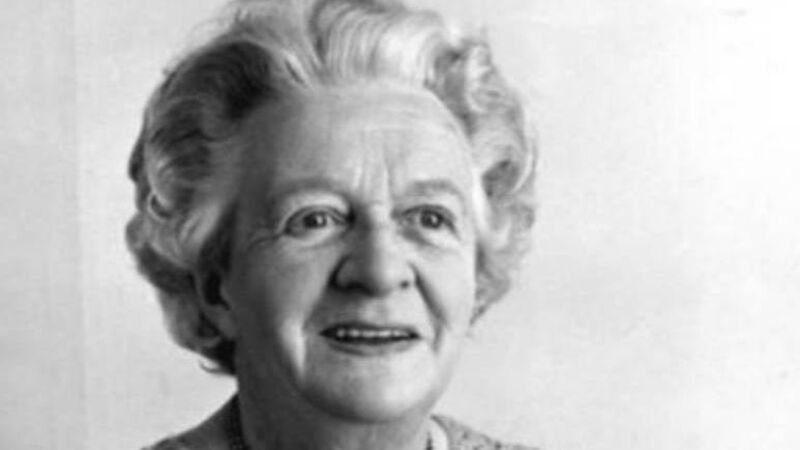Clodagh Finn: Stamp of approval for the pioneering Thekla Beere

Thekla Beere. Photo: Dept of Justice
Try from €1.50 / week
SUBSCRIBE
Thekla Beere. Photo: Dept of Justice
THEKLA BEERE was mentioned as a possible presidential candidate in three successive elections — in 1976, 1983, and 1990.
It is a pity she didn’t run, at least once, because then the contribution of this exceptional woman, moderniser, trailblazing public servant and founder of An Óige, might be better known.
Already a subscriber? Sign in
You have reached your article limit.
Annual €130 €80
Best value
Monthly €12€6 / month
Introductory offers for new customers. Annual billed once for first year. Renews at €130. Monthly initial discount (first 3 months) billed monthly, then €12 a month. Ts&Cs apply.
CONNECT WITH US TODAY
Be the first to know the latest news and updates
Newsletter
Sign up to the best reads of the week from irishexaminer.com selected just for you.

Select your favourite newsletters and get the best of Irish Examiner delivered to your inbox
Monday, February 9, 2026 - 5:00 PM
Monday, February 9, 2026 - 5:00 PM
Monday, February 9, 2026 - 6:00 PM
© Examiner Echo Group Limited